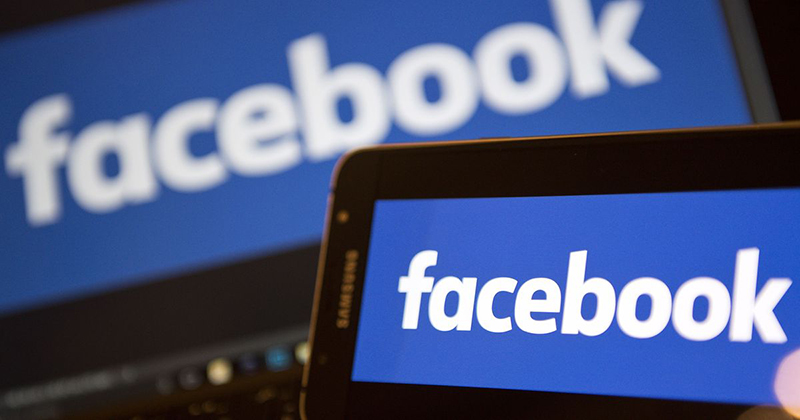
Facebook is making it easier for users in Bangladesh to connect with helplines by partnering with local organizations in an effort to support and raise awareness on mental health.
According to a 2019 survey, nearly 17 percent of adults in Bangladesh are suffering from mental health issues, and 92 percent among them don’t seek professional help. Through Facebook, people in Bangladesh can now access support resources at National Institute of Mental Health and Hospital, MonerBondhu and Kaan Pete Roi. These organizations provide regular counseling on suicide, depression, anxiety, panic attacks and other related issues.
“The COVID-19 pandemic has forced people to deal with isolation and navigate feelings of loss,” said Karuna Nain, Director of Global Safety Policy at Facebook. “We want people to know that they are not alone by connecting them with organizations and experts who are there to listen and help.”
Facebook works with world’s leading experts in mental wellbeing, seeking their inputs to create and modify products and processes. In Bangladesh, the company has partnered with leading nonprofits like Shuchona Foundation and MonerBondhu to advise and improve policies and practices.
“One of the best ways to cope with grief is for people to hear from friends and family who care about them,” said SaimaWazed, Chairperson of Shuchona Foundation and Advisor to the Director-General, WHO on Mental Health and Autism. “We are happy to partner with Facebook to raise awareness about mental health issues in Bangladesh. Making it easier for people to connect to communities and experts that offer support is an important step in addressing mental health.”
Facebook’s Community Standards cover policies around suicide and self-injury. A number of initiatives have been launched to connect people to mental health resources around the world, particularly as a result of the pandemic and its impact on health and mental well being. The company has also tightened its policy to avoid unintentionally promoting or triggering self-harm. Facebook and Instagram will continue to connect people to mental health resources, ensuring that it is easy to seek help and get support.
To know more, visit Facebook’s Safety Center.








